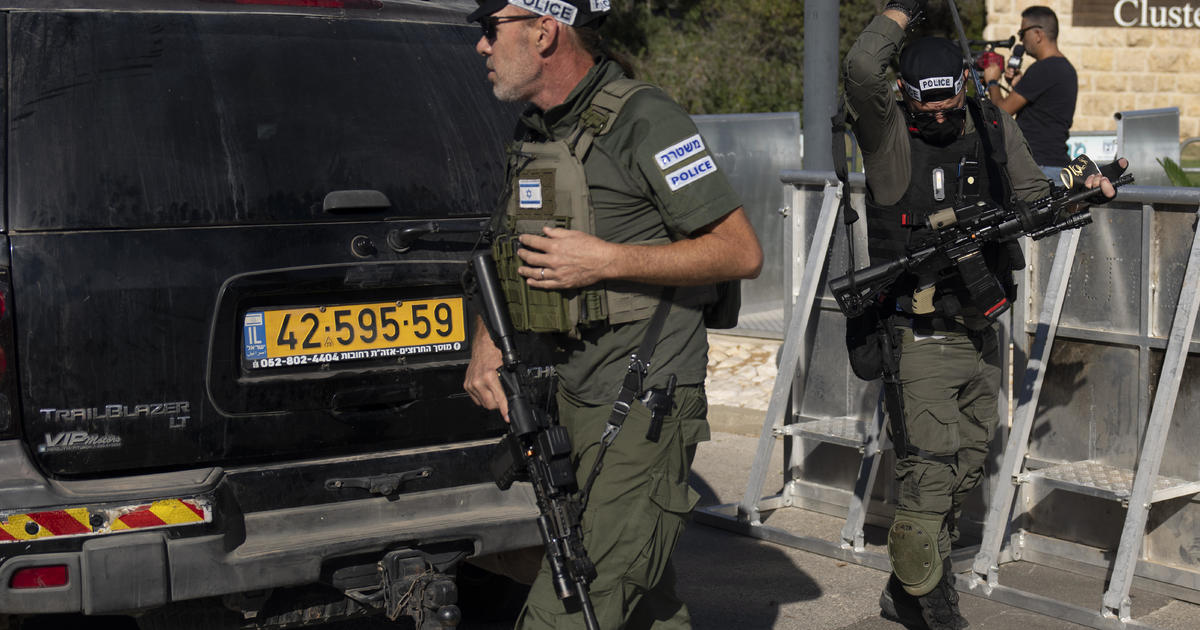The ongoing conflicts in the Middle East continue to escalate, with Israel facing a multi-front war against Hezbollah in Lebanon, Hamas in Gaza, and threats from Iranian-backed groups. The situation worsened on Saturday with the launch of a drone towards Prime Minister Benjamin Netanyahu’s home, further escalating tensions. This attack, following a previous missile strike aimed at Ben Gurion Airport, highlights the increasing desperation of enemy groups. Meanwhile, the death of Hamas leader Yahya Sinwar, while offering a potential opening for peace negotiations, has also led to intensified Israeli airstrikes in Gaza, resulting in a surge of civilian casualties.
Israel Under Attack
Drone Strike on Netanyahu’s Home
On Saturday, an unmanned aerial vehicle (UAV) was launched toward Prime Minister Netanyahu’s residence in Caesarea. While neither he nor his wife were present at the time, the attack serves as a significant escalation and a symbolic blow to Israel’s leadership.
The incident occurred amidst escalating tensions with Hezbollah, which announced a new phase of fighting, involving the deployment of more guided missiles and explosive drones into Israeli territory.
The drone incident highlights the evolving threat landscape, where armed groups utilize drones to target high-profile individuals and infrastructure, making defense increasingly challenging.
Continued Rocket Fire From Lebanon
In addition to the drone attack, Israel reported two separate barrages of rockets fired from Lebanon. Some of these projectiles were intercepted, with no immediate reports of casualties. The escalation follows weeks of intense fighting, marked by heavy Israeli airstrikes and ground incursions into Lebanon.
Targeting Hezbollah Leadership
As part of its counter-offensive, Israel reported the killing of Hezbollah’s deputy commander, Nasser Rashid, in the town of Bint Jbeil. Rashid was allegedly responsible for directing attacks against Israel, making his elimination a strategic blow to the organization’s leadership.
These retaliatory strikes aim to degrade Hezbollah’s capabilities and deter further aggression.
Escalating War in Gaza
The situation in Gaza continues to deteriorate with a devastating surge in civilian casualties and a lack of respite from the fighting.
Surge in Civilian Casualties
A string of Israeli airstrikes, particularly in the past 24 hours, has led to the deaths of over 50 people, including children, according to reports from hospitals and the Associated Press. These attacks targeted several locations in Gaza, including hospitals and civilian homes.
The Indonesian Hospital in Beit Lahiya and Al-Awda Hospital in Jabaliya were struck, with several staff members injured. Additionally, at least 10 people, including two children, were killed when a house was hit in Zawayda.
The Killing of Yahya Sinwar
The killing of Hamas leader Yahya Sinwar, although potentially a turning point for peace negotiations, has also led to the escalation of Israeli strikes in Gaza.
Hamas has maintained its stance on releasing the hostages taken from Israel in 2023, indicating a commitment to maintaining pressure for a ceasefire and Israeli withdrawal. The position has met resistance from Israel, which has committed to staying in Gaza to prevent a rearmed Hamas.
A Devastated Gaza
The war has taken a heavy toll on the civilian population in Gaza, with 90% of its 2.3 million people displaced and struggling for basic necessities. The relentless shelling and blockades have resulted in food, water, medicine, and fuel shortages.
Prospects for Peace and Negotiations
The death of Yahya Sinwar, although a strategic loss for Hamas, may have presented an opening for peace negotiations.
Potential Turning Point for Negotiations
Some analysts believe that Sinwar’s death, coupled with the mounting human cost of the conflict, could provide a critical opportunity for negotiations. Families of hostages held in Gaza have urged the government to capitalize on this situation.
Hamas’ Stance and International Calls for Peace
Despite the loss of its leader, Hamas remains steadfast in its demand for the release of hostages held in Israel. However, the international community, including some of Israel’s allies, continues to push for a negotiated end to the conflict.
Takeaway Points
- The escalating situation in the Middle East demands a diplomatic solution, as military escalation risks escalating casualties and deepening the conflict.
- International actors, including Israel’s allies, need to apply pressure to all parties involved, urging them to engage in meaningful negotiations.
- The civilian population continues to suffer the devastating consequences of this conflict, with a high number of casualties and a deteriorating humanitarian situation.
- Ending the war requires addressing the underlying issues, including the Palestinian question, and ensuring a peaceful and secure future for all.




